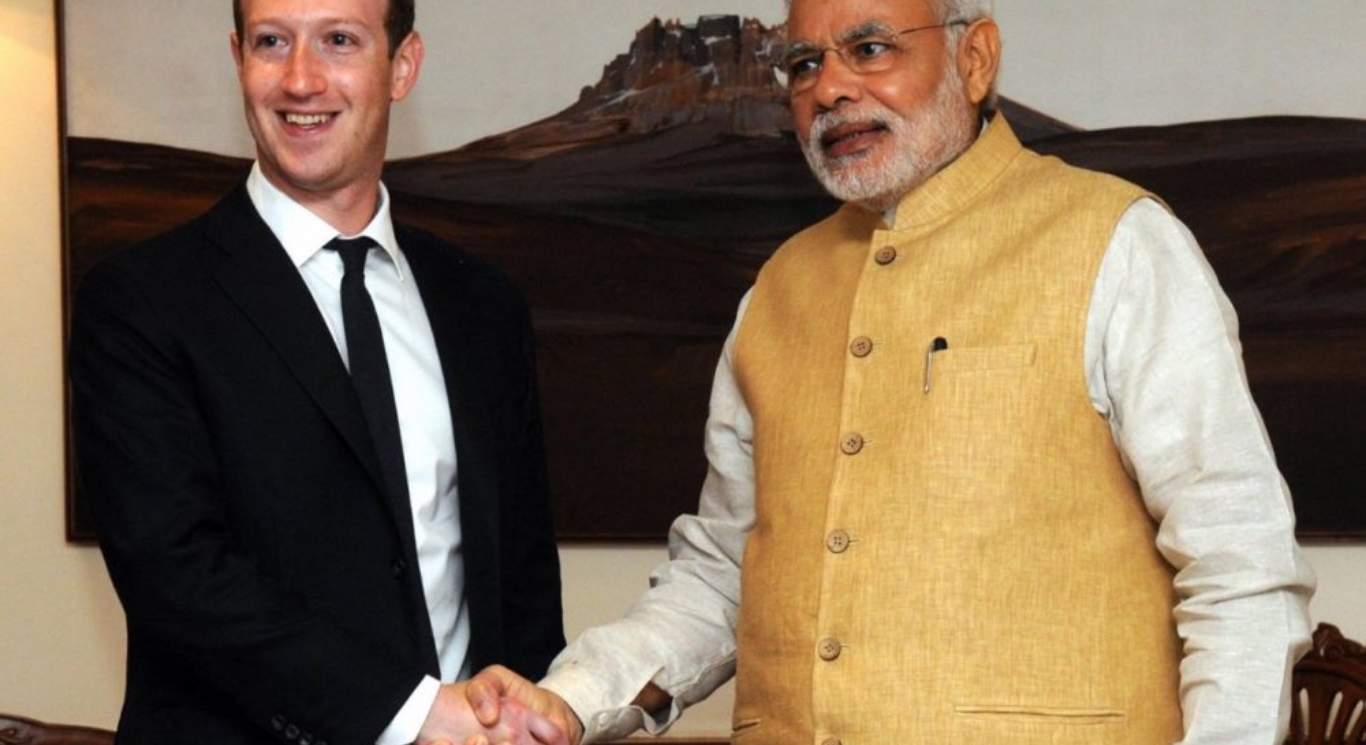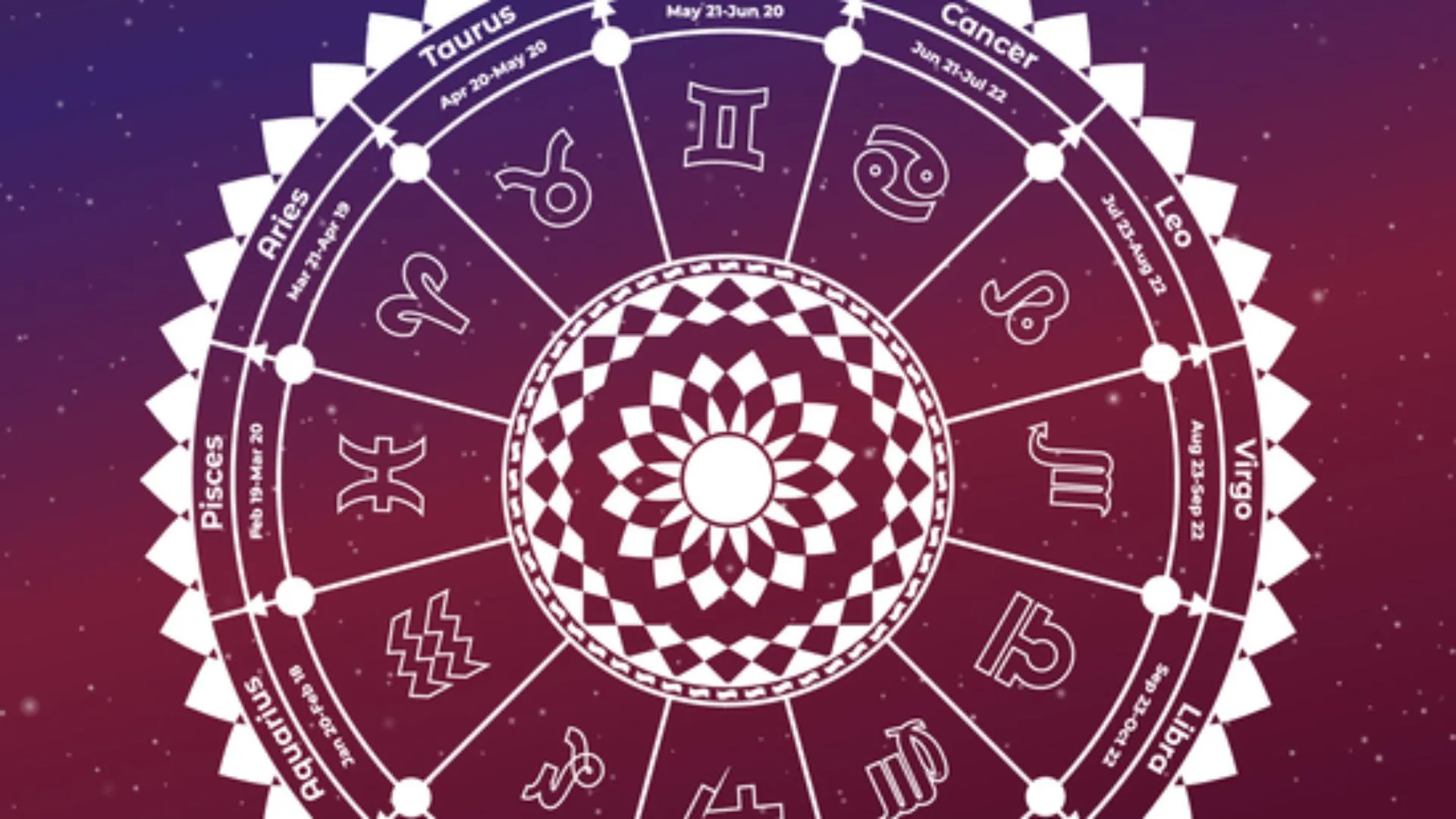Meta, the parent company of Instagram and Facebook, has been accused of allegedly approving a series of AI-manipulated political advertisements directed at the ongoing Lok Sabha Elections in India. The allegations, highlighted in a report by India Civil Watch International (ICWI) and Ekō, suggest that the ads were reportedly representing and were designed with aim to spread misinformation and even provoke religious violence.
According to the report, Meta approved ads that consisted anti-Muslim content It included derogatory language and “Hindu supremacist” rhetoric, as well as disinformation targeting the political leaders. In a shocking revelation, one of the ads also called for the execution of an opposition leader.
While Meta’s spokesperson informed a media source that the company consists of a strict review processes for ads, including both automated and human reviews, however, they refrained from commenting on the particular accusation regarding the AI- manipulated advertisements since the controvertial ads were swiftly deleted in an immediate action.
This incident comes in stark contrast to Meta’s actions in the US last year when it prohibited political campaigns and advertisers in regulated industries from using its new generative AI advertising products to prevent the spread of election misinformation.
Also read: India’s Most Affordable High-Speed E-Scooter with BaaS, Priced At Only Rs 49,999
Despite these measures, the report indicates that during the Lok Sabha elections, Meta approved ads in multiple languages, featuring manipulated images created using common AI tools. The study organizations received publishing approvals for 14 highly controversial advertisements between May 8-13, targeting 189 contentious constituencies during the election’s 48-hour “silence period.” This failure to enforce restrictions allowed harmful political advertising, predominantly by the ruling BJP, to circulate unchecked.
The prevalence of political advertising on social media platforms has become a significant concern, with parties investing substantial sums in hyper-targeted digital campaigns. Meta and Google derive a significant portion of their revenues from such ads.
Moreover, a separate study titled ‘Slanders, Lies and Incitement: India’s million-dollar election meme network,’ conducted by ICWI, Ekō, and The London Story, revealed the involvement of “shadow advertisers” who spent $1 million to amplify divisive content targeting minorities and opposition parties in the first quarter of this year.
Additionally, Meta’s acceptance of money for ads promoting hateful topics, as highlighted in a report by ADL (an anti-hate organization) last year, further underscores the company’s challenges in policing its platform against harmful content.



















